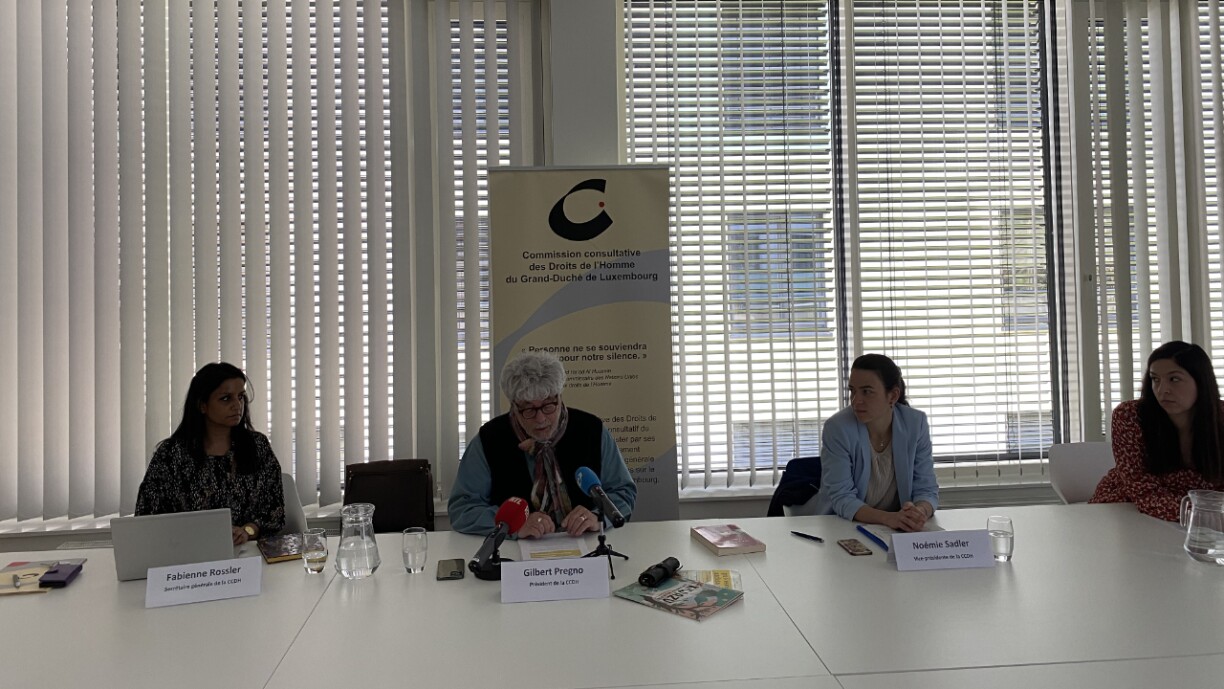
The new law seeks to lower the minimum sentencing age, as well as restricting the right to a lawyer, with further changes to come in order to reform youth protection. In general, the CCDH approved the bill’s content, but said the details still require refinement. Minors have specific needs due to their age, which the bill did not always take into account.
For example, the bill stipulates that the right to a lawyer should be restricted. A lawyer is only mandatory in the case of a crime. In other cases, the decision should rest with the police officer.
The Consultative Human Rights Commission said it could not fully comply with this decision. Noémie Sadler, vice-president of the CCDH, explained: “The CCDH calls on the government to reconsider this choice and to adopt an approach that will put the child’s best interests first, while allowing for a lawyer’s mandatory attendance at the earliest stage. This is already the case in other countries. We are of the opinion that a minor should always be assisted by a lawyer who specialises in children’s rights.”
Meanwhile, the bill seeks to lower the age of civil responsibility from 14 to 13 years - a decision the CCDH does not agree with.
Anamarija Tunjic, lawyer at the CCDH, said: “With the decision to lower the age of criminal responsibility to 13 years, the Luxembourg legislator has not only decided to completely ignore all international recommendations, but has also opted for an age that falls below the European and international average. The CCDH urges the government to raise the age again and adhere to international recommendations. We are of the opinion that the age must be set to at least 14 years, but we recommend going beyond this limit.”
Read also: Age of criminal responsibility should not be lowered to 13Meanwhile, the Consultative Human Rights Commission demands that minors under the age of 16 should not be punished with deprivation of liberty.
The CCDH added that generally, the execution of a sentence should be avoided where possible, meaning there should be fewer trials in favour of appropriate diversionary measures from the outset.
